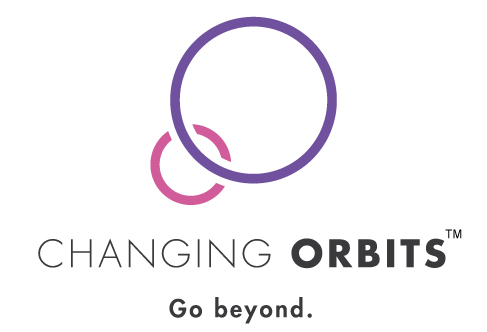A recently published Harvard research paper states that young adults…

The Pandemic Mental Health Toolkit #2: Relationships
The pandemic has not only impacted us physically: its has influenced into almost every human relationship. As couples, many have experienced a heaviness in their relationships – some managed the ‘extra’ weightlifting sometimes, some could not.
Some of the most common issues that couples cited when I sought inputs from them included lack of reasonable distribution of household work, differences of opinion on whose work is more important, lack of interest in parenting duties of one partner, differing degrees of opinion on ideal ‘social isolation’ & ‘pandemic hygiene’ and overall lack of communication between partners.
Some couples seem to have adjusted seamlessly into the ‘new normal’ while others shared how the unspoken, undiscussed resentment has accumulated through the pandemic, causing deep strains in the relationship.
I had the privilege of discussing ‘Relationships in the time of Covid-19’ with mental health expert, Ms. Alaokika Motwane. Alaokika is a clinically trained psychotherapist & mental health consultant, with a specialty training in Cognitive Behavioural Training from USA. She has worked extensively in India & USA with individuals, couples & organizations.
Here are her top tips towards nurturing relationships with your significant other:
1.Try to move beyond the ‘He said..She said’ of the differences to ACCEPT & ACKNOWLEDGE that both are under duress through the pandemic. Acknowledging your partner’s duress will reduce piling up of frustrations against each other.
2. Please OFFER a lot of KINDNESS to one another consistently. Intelligence is often considered as the greatest power of humans. In reality, it is kindness. Kindness has the ability to diffuse the toughest situation you make have with your partner.
3. Make notes to REMIND yourself of the ‘GOOD’ that this relationship has brought for you over time. Introspect whether your partner has enriched your life through the relationship. If you can identify & appreciate the silver lining of every dark cloud that the relationship has experienced:
it will you broaden your perspective of the relationship.
4. Do not hesitate to bring up unresolved & unaddressed issues or incidents that are causing you pain with your partner. Be OPEN to FORGIVENESS. Pain can silently morph into deep suffering if unresolved issues are not addressed. Try not to hold on to your grudges silently.
5. APPRECIATE the values, habits, qualities that you admire in your partner. Communicate that appreciation. Appreciation is a fundamental human need. Genuine appreciation will nourish your partner’s emotional needs and augment their mental well-being.
6. RESPECT each other’s ‘ME TIME’. It is imperative to have some ‘alone time’ to recharge, revitalize oneself. Only then can both partners bring themselves ‘fully’ into the relationship. Connecting with ‘yourself’ is as important as connecting with ‘each other’.
7.Look for ‘MOMENTS OF CONNECTION’ with your partner. Set up a ritual or incorporate a routine for moments of ‘us time’. Moments of connectedness, when you are both spending time in calmness and togetherness. It could be something as simple as a cup of tea together!
8.Remember to APPRECIATE BEFORE you CRITICIZE. If you start your conversation with criticism, it is unlikely to repair the situation. Appreciation before Criticism allows the listener to ‘listen in’ in an open manner.
9.Be aware of the TONALITY of your communication. Spoken words can be misconstrued if the tone of your voice is not aligned to it. The pitch, pace, volume of your spoken words is as important as the words you use.
10. CHECK ON EACH OTHER through the day. It could just be a silent gesture of a thumbs up or a pat as you both go through your individual routines. Just connecting with each other frequently will heighten the ‘connectedness quotient’ between you. It can also help dissipate any intra-day stresses that your partner may be facing.
If you are experiencing repetitive unresolvable conflicts / feeling isolated or apathetic / your partner is not your ‘go to’ person anymore / experiencing too many negative emotions, it is important to CONSULT a THERAPIST or counsellor ASAP. You should consider formal therapy to deal with your situation.
‘Acute adversity always a unique opportunity with it. An opportunity to introspect. An opportunity to search for the meaning of life. An opportunity to take decisions that you may have been postponing. When we face mortality, it brings us closer to what we value about ourselves & others.’
Alaokika can be contacted on alaokikab@gmail.com for individual & couple therapy.



